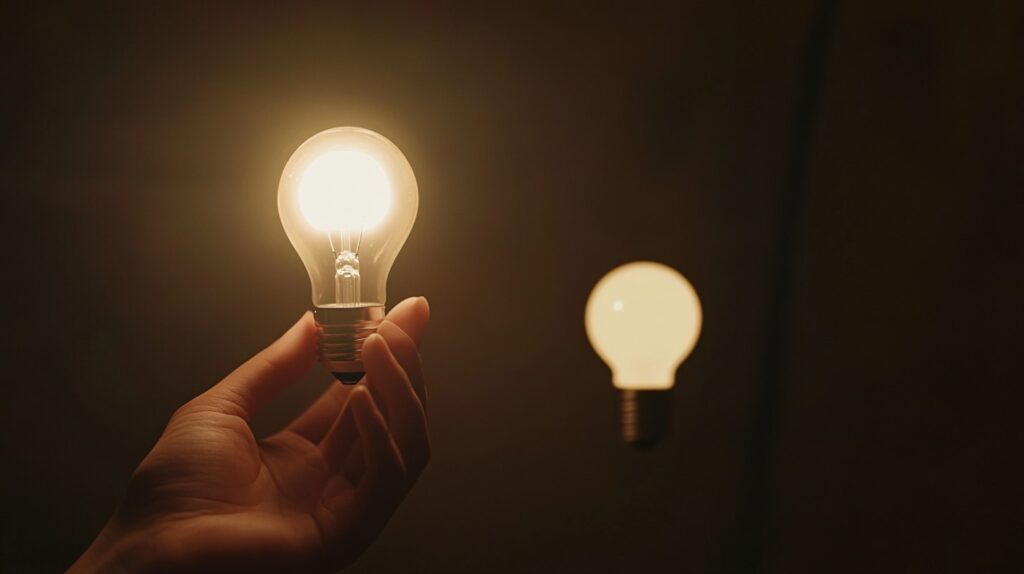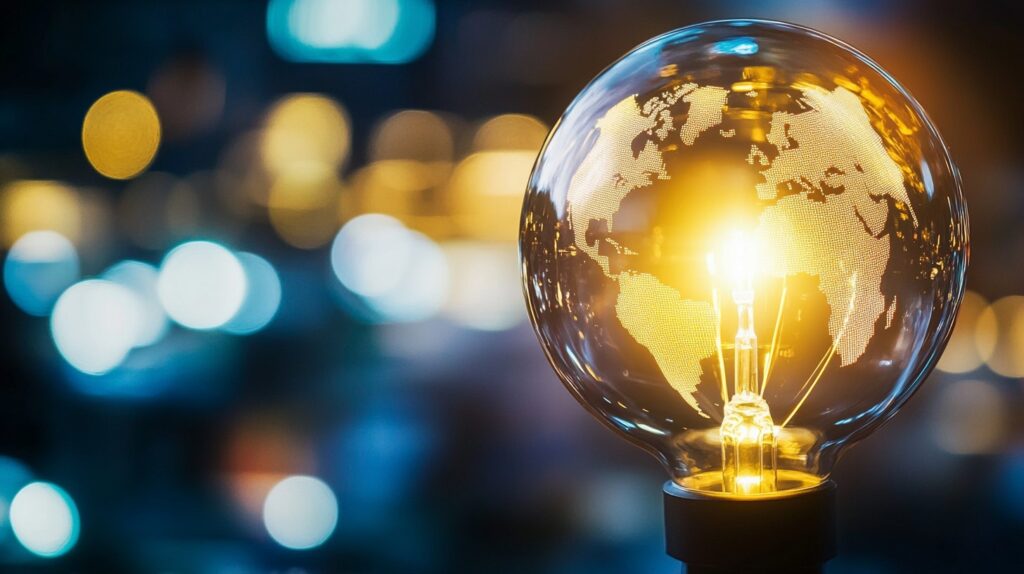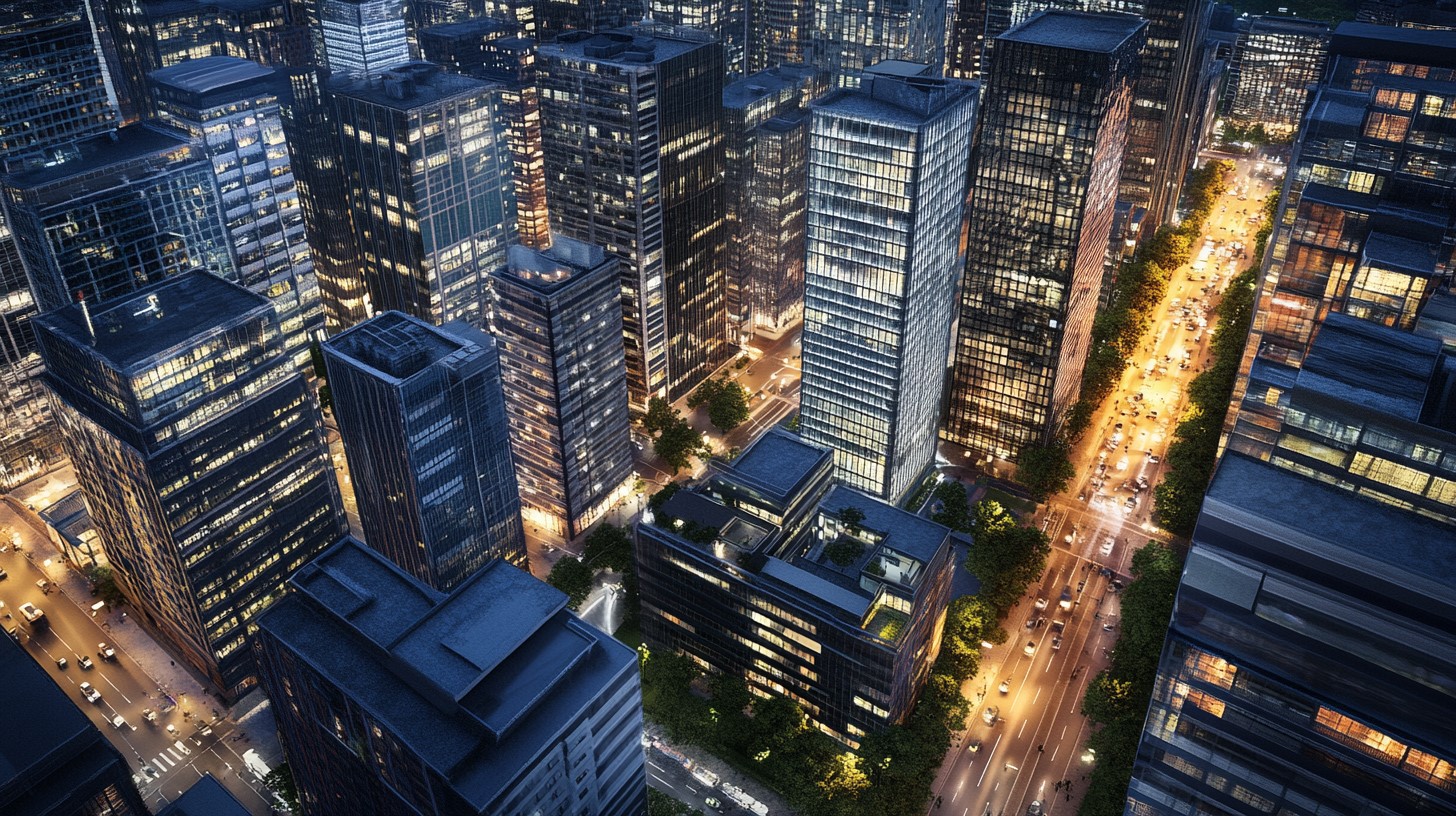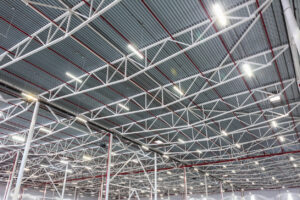Lighting plays an indispensable role in our daily lives, from the bulbs in our homes to the streetlights that guide us at night. As technology advances, Light Emitting Diodes (LEDs) have emerged as the frontrunners in lighting solutions, offering a myriad of benefits over traditional lighting methods.
The Revolution of LEDs
Energy Efficiency at Its Best
One of the most significant advantages of LEDs is their exceptional energy efficiency. LEDs consume up to 85% less energy than incandescent bulbs and about 50% less than fluorescent lights. This efficiency translates to:
- Lower Electricity Bills: Significant savings on energy costs over time.
- Reduced Carbon Footprint: Less energy consumption means fewer greenhouse gas emissions.

Longevity That Outlasts the Rest
LEDs are designed to last:
- Extended Lifespan: Up to 50,000 hours or more, far surpassing the lifespan of incandescent and fluorescent bulbs.
- Reduced Maintenance: Less frequent replacements mean lower maintenance costs and less hassle.
Superior Light Quality
LEDs provide:
- Instant Illumination: No warm-up time; they reach full brightness immediately.
- Directional Lighting: Focused light distribution reduces wastage.
- Adjustable Color Temperatures: Options range from warm to cool light, catering to different needs and preferences.
Environmental Impact
Mercury-Free and Eco-Friendly
Unlike fluorescent bulbs, LEDs contain no mercury or hazardous materials, making them safer for the environment and easier to dispose of responsibly.
Supporting Sustainable Practices
By reducing energy consumption and waste, LEDs contribute to global sustainability efforts, aligning with initiatives like the Paris Agreement to combat climate change.
Applications Across Sectors
Residential Use
- Home Lighting: LEDs offer versatile options for ambient, task, and accent lighting.
- Smart Home Integration: Compatible with smart systems for automated and remote control.
Commercial and Industrial
- Office Spaces: Improve productivity with better lighting quality.
- Warehouses and Factories: Enhance safety and efficiency with durable, high-performance lighting.
Outdoor and Public Spaces
- Street Lighting: Improved visibility and safety with energy savings for municipalities.
- Landmarks and Monuments: Dynamic lighting effects to highlight architectural features.
Innovations in LED Technology
Smart Lighting Systems
- IoT Integration: LEDs can be part of an interconnected system, controlled via apps or centralized systems.
- Adaptive Lighting: Adjusts brightness and color temperature based on time of day or occupancy.
Human-Centric Lighting
- Circadian Rhythm Support: Lighting that adjusts to natural human sleep-wake cycles, promoting well-being.
- Enhanced Mood and Productivity: Tailoring lighting conditions to activities improves comfort and efficiency.
Economic Benefits
Return on Investment
- Energy Savings: Lower operational costs over the lifespan of the LEDs.
- Incentives and Rebates: Many regions offer financial incentives for adopting energy-efficient technologies.
Increased Property Value
- Modern Appeal: Upgraded lighting can enhance the aesthetic and functional value of properties.
Overcoming Common Myths
Higher Initial Costs
While LEDs may have a higher upfront cost compared to traditional bulbs, the long-term savings in energy and maintenance far outweigh the initial investment.
Light Quality Concerns
Early LEDs had limited color options, but modern LEDs offer a full spectrum of colors and temperatures, providing high-quality light for any setting.
Embracing the LED Future
Switching to LED lighting is a step toward a more sustainable, efficient, and comfortable living and working environment. Whether you’re a homeowner, a business owner, or a facilities manager, the benefits of LEDs are clear and compelling.

Let’s Light the Way Forward
If you’re considering upgrading to LED lighting, now is the perfect time to make the switch. Embrace the future of illumination and join the movement toward a brighter, more sustainable world.






